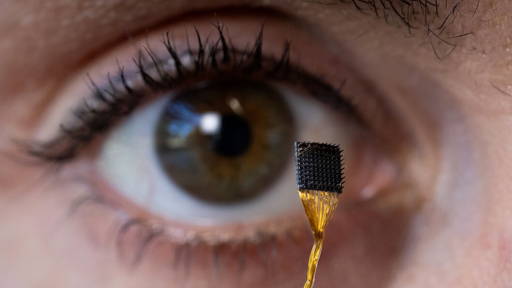Philips is working closely with leading medical technology companies to develop a smart, connected healthcare infrastructure for acute care. The collaboration with Dräger, Hamilton Medical, Getinge and B. Braun Melsungen AG focuses on improving interoperability and optimising work processes for healthcare professionals. Central to this is the implementation of the SDC (Service-Oriented Device Connectivity) standard, which enables medical devices to communicate securely and efficiently with each other, regardless of manufacturer or device type.
This standardisation allows healthcare professionals to directly access data from different medical devices via a single integrated platform and use it in their decision-making. Philips' open ecosystem thus forms the backbone of what the company calls a Smart Healing Environment: a future-proof, data-driven healthcare environment in which collaboration between systems leads to better patient care.
Alarm management: a crucial link in sustainable care
Alarms are essential in acute care, but they are also a source of stress and work pressure. Nurses process up to 350 alarm notifications per patient per day, the vast majority of which are false or non-actionable. This can lead to alarm fatigue, slower responses and a less restful environment for patients.
Philips and its technology partners are addressing this problem through advanced alarm management based on smart integrations. Alarm notifications are bundled and presented via mobile devices, enabling healthcare professionals to respond more quickly and efficiently. No matter where they are in the hospital. This not only helps to increase patient safety, but also makes it possible to monitor and treat more patients with fewer staff.
Reducing unnecessary alarm sounds
In addition, reducing unnecessary alarm sounds contributes to a calmer, more healing care environment. The collaboration marks an important step towards integrated, people-centred digital care in which technology does not increase the workload, but rather supports it.
Some time ago, Philips released a new software version of the IntelliVue patient monitor, featuring the new Philips Sounds alarm package that reduces alarm noise in the ICU by up to 66 percent. This helps to mitigate the cacophony of beeps and bleeps that healthcare professionals experience on a daily basis and significantly reduces alarm fatigue.
Philips and its partners are working together to create more efficient work processes for healthcare professionals through better alarm management. The following actions have been outlined to achieve this:
- Bundling alarm notifications: Healthcare professionals can receive and follow up on alarm notifications from different devices, regardless of where they are in the hospital. This simplifies and speeds up clinical workflows.
- Creating capacity to treat more patients: As hospitals continue to struggle with staff shortages, alarm management helps free up clinical capacity by enabling healthcare professionals to monitor patient alarms while treating other patients, regardless of their location.
- Improve response times: SDC enables alarms to be quickly followed up on mobile devices, allowing healthcare professionals to intervene in a timely manner and provide immediate care.
- Less noise in patient rooms: Improved connectivity enables devices to share data in both directions, allowing healthcare professionals to view and manage alarms from anywhere, which can help reduce the amount of noise in patient rooms.










